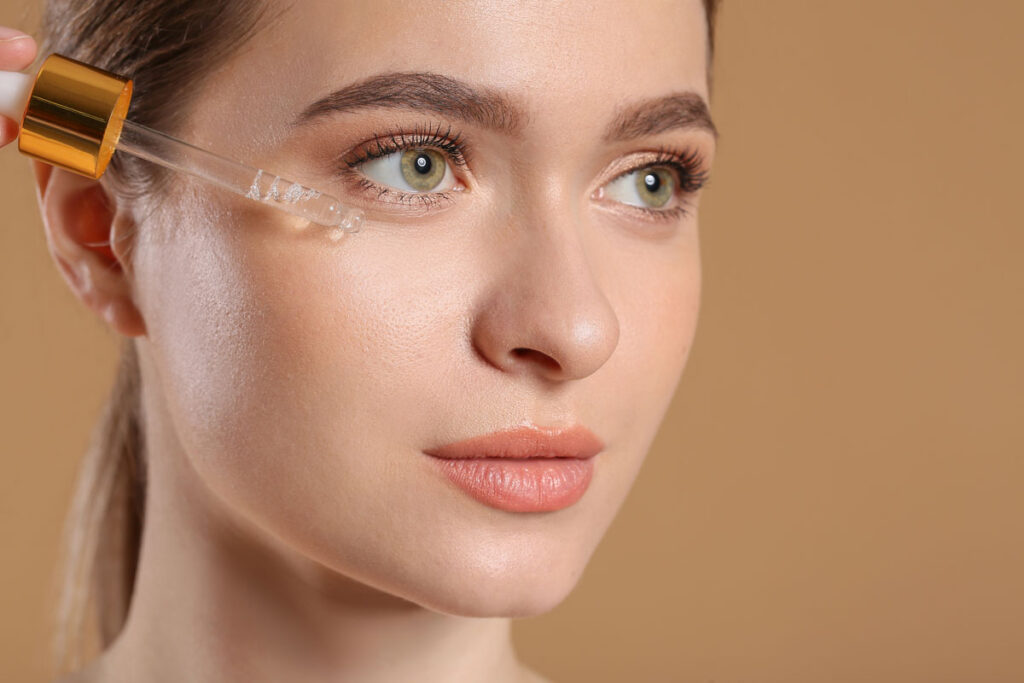
Korean skincare has been gaining popularity in the West, with a focus on skin health and achieving a glow from within. Also known as K-beauty, it has created trends all over the world, including the ‘glass skin’ look that went viral on social media.
Skincare educator and founder of Skin Masterclass, Cigdem Kemal Yilmaz, shared her insights on the subject.
“The K-beauty market has experienced significant growth in recent years, and according to Future Market Insights is expected to have a compound annual growth rate of 5.90% over the forecast period,” she explained.
“Responsible for some of the biggest skincare trends of late, the K-beauty phenomenon continues to boom. This is, in part, due to patient demand for innovative products, technologies, and ingredients as well as a genuine need for healthy, radiant skin.
“Additionally, cultural influence and accessibility has contributed to the widespread popularity of Korean skincare globally. “
WHAT IS KOREAN SKINCARE?
Korean skincare is considered a gentle approach to skincare, nourishing and hydrating with scientifically sound ingredients that create proven results.
Yilmaz described the routine: “The classic 10-step K-Beauty regime has been used for decades in South Korea. The steps include a three-step cleanse (oil-based, water-based and exfoliation) so the products applied after can penetrate the skin better with optimal results.
“It’s not necessarily about following all 10 steps every day. What is important is that professionals and consumers understand the purpose of each step, then select and choose depending on the individual skin goals of the patient.“
Rebecca Elsdon, advanced skin specialist and owner of skin health clinic Re/Skin, explained, “Korean skincare focuses on gentle yet effective products to achieve healthy, glowing skin through protection, hydration and a gentle approach to exfoliation and actives rather than an aggressive treatment. The philosophy focusses on nourishing the skin, taking a holistic approach to address skin concerns, and promoting self-care.”
WHAT KIND OF INGREDIENTS DO YOU FIND IN KOREAN SKINCARE?
“Korean skincare is highly renowned for its fermented skincare products, CC creams and oil-based cleansers which are all very affordable and I would struggle to find Western equivalents to match up to their quality, and certainly their price,” says Dr Christine Hall, member of the Teoxane Patient Wellness Committee.
“There are so many ingredients that are used in K-beauty that we just can’t get in the UK but houttuynia cordata (a.k.a heart leaf ) is an ingredient that is gaining in popularity in Korea and is being hailed as the next big thing in skincare as the product that will fix inflamed skin. It is a soothing ingredient that also has antioxidant properties but is also being used by many Koreans to successfully help with congested skin and blackheads.”
Yilmaz offered a list of distinctive ingredients, such as bee venom, snail mucin, and panax ginseng root extract, alongside some more recognisable ingredients like aloe vera and mugwort.
She said, “Ingredients focus on supporting and healing the skin with a low risk of irritation and dryness, making them a popular choice with consumers. Although they are gentler on the skin, they still possess potent benefits that result in clear, radiant skin.”
WHAT AESTHETIC TREATMENTS PAIR WELL WITH THE KOREAN SKINCARE ETHOS?
Dr Hall believes that aesthetics pairs very well with K-beauty, due to its calming and nourishing nature. She recommends treatments that prioritise hydration and skin health.
“Skin boosters aimed at hydration work synergistically with K-beauty, while controlled microtrauma treatments such as laser and microneedling will heal more quickly, and downtime is often reduced with the use of ingredients found in the skincare.

“Hyaluronic acid has been one of the most popular ingredients in K-beauty for achieving that glass skin and plumpness. This can be created using Teoxane Teosyal dermal filler products including Teosyal RHA.
“Polynucleotides have become one of 2024’s up and coming trends but they have been around for 10 years in Korea, and they have the skincare products to match.”
In summary, the interest and growth in this market signify a changing approach to the way people want to treat their skin all over the world, with attention to skin health, and a natural appearance.
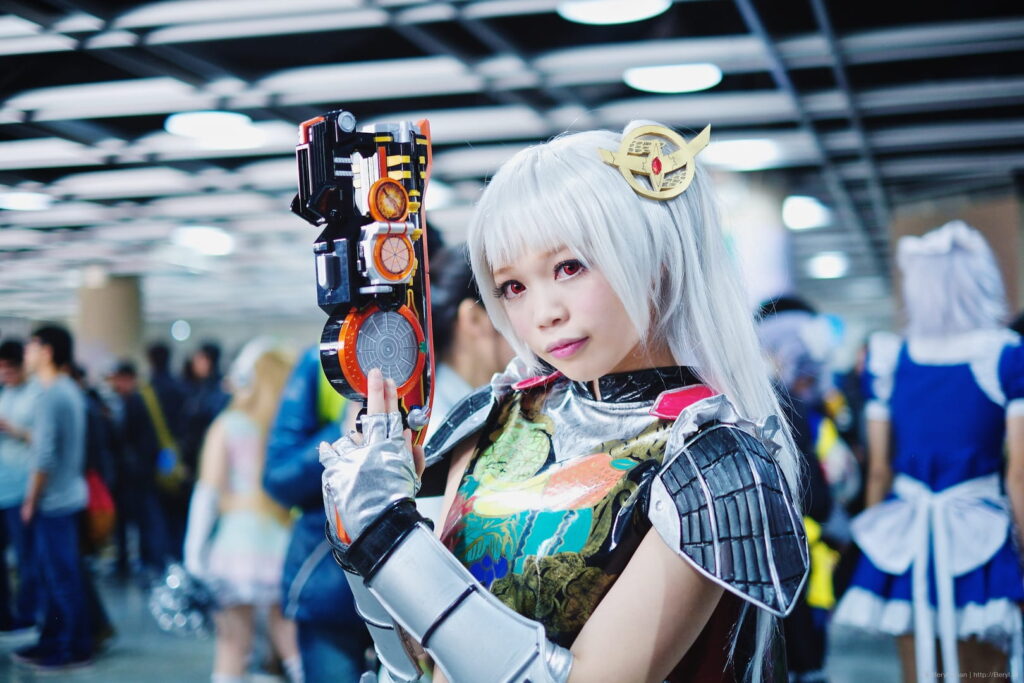



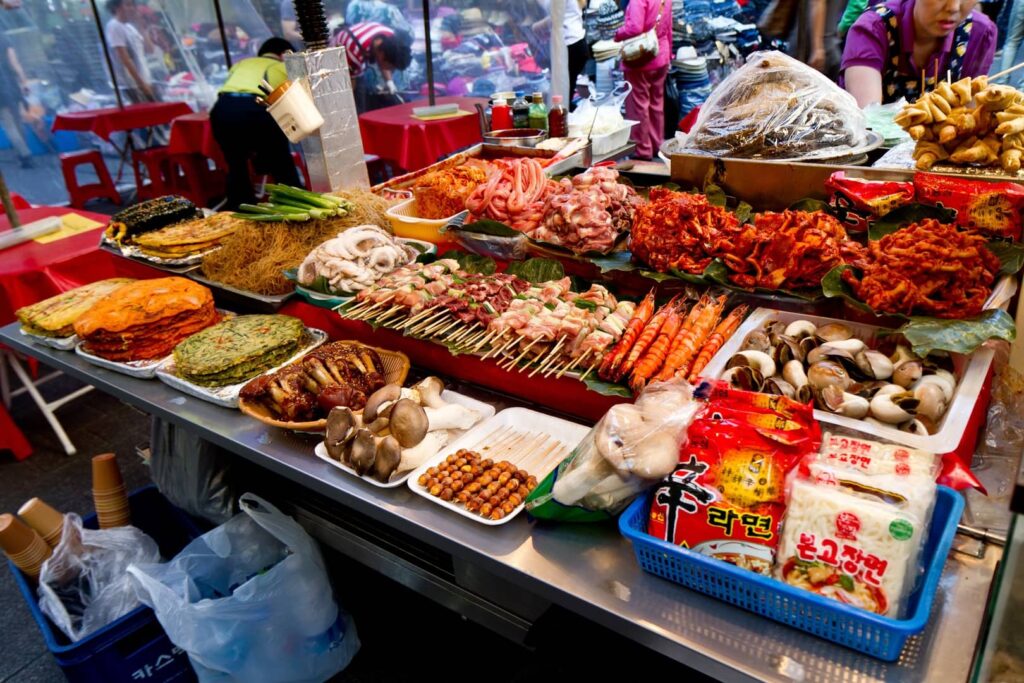

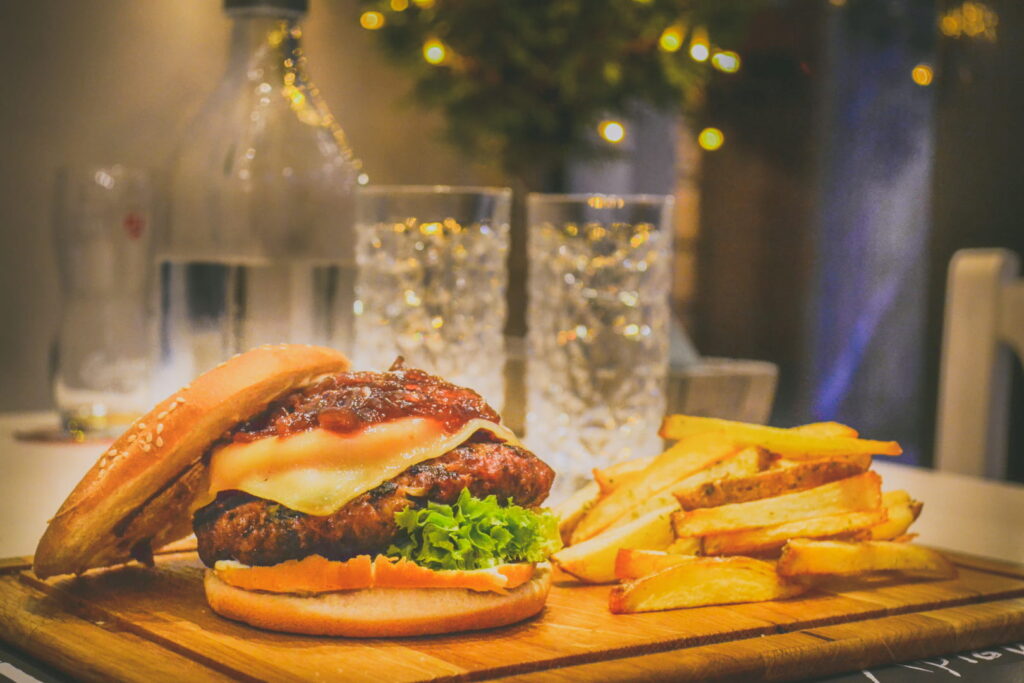












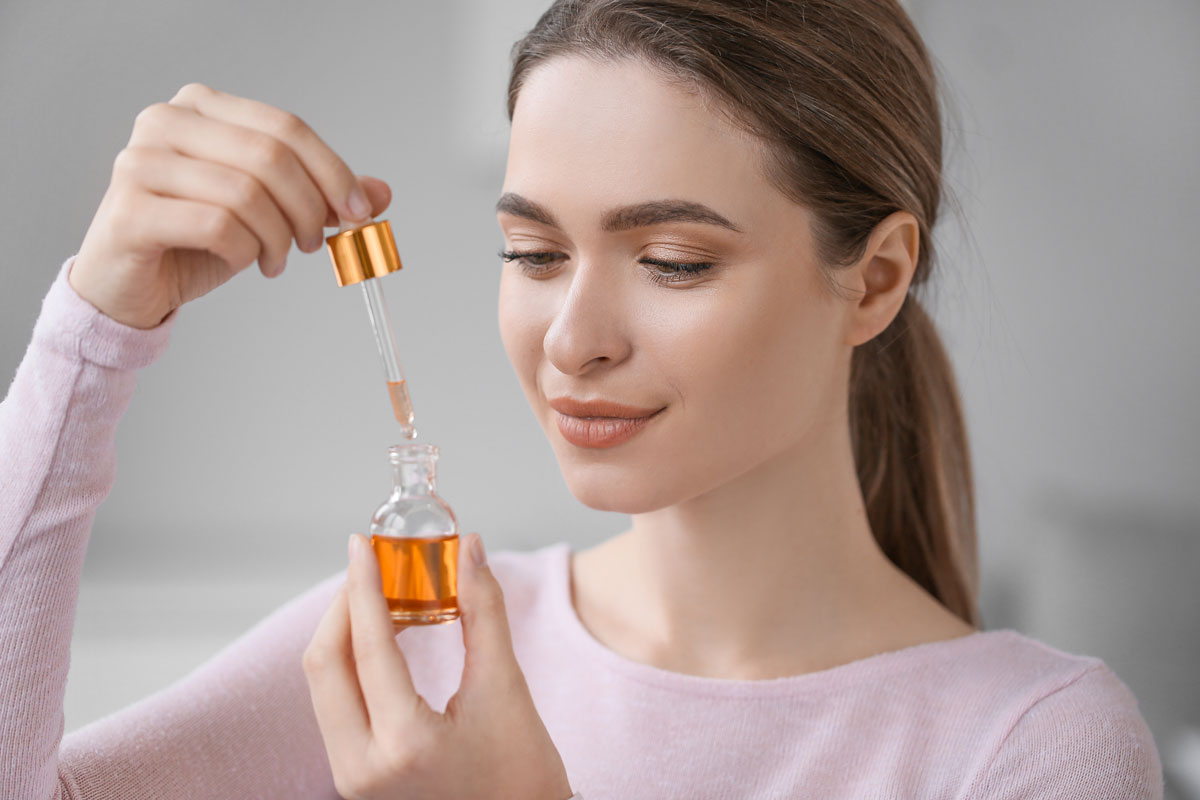

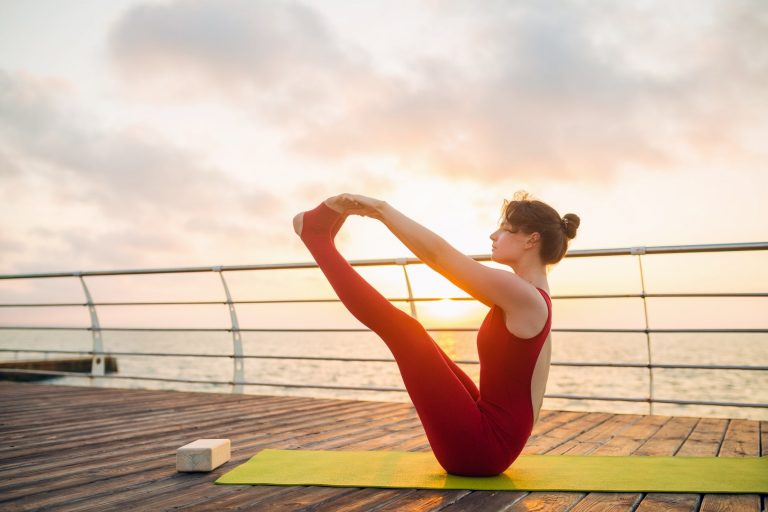
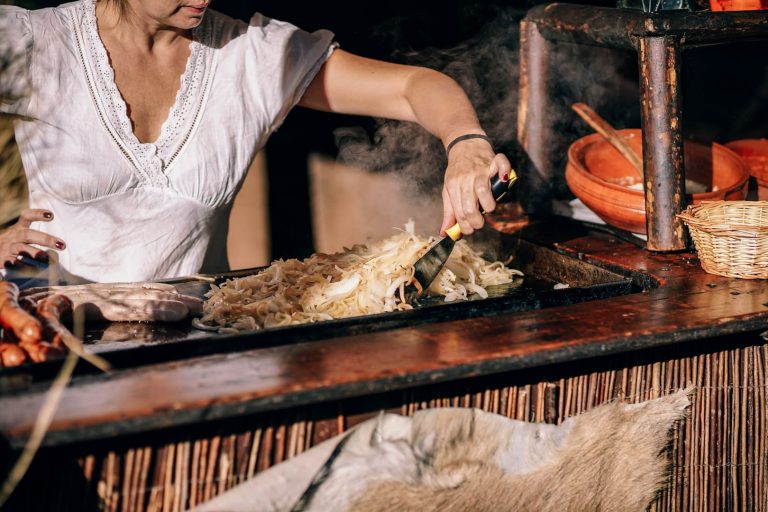




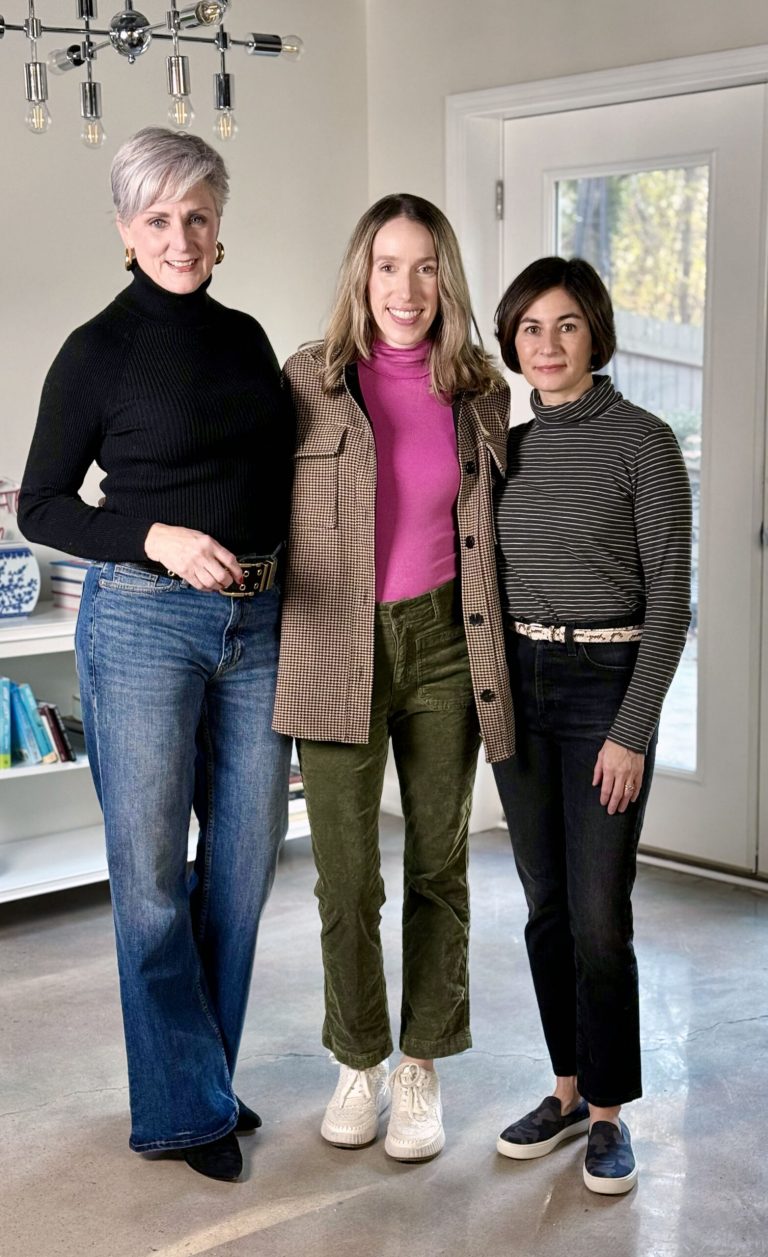
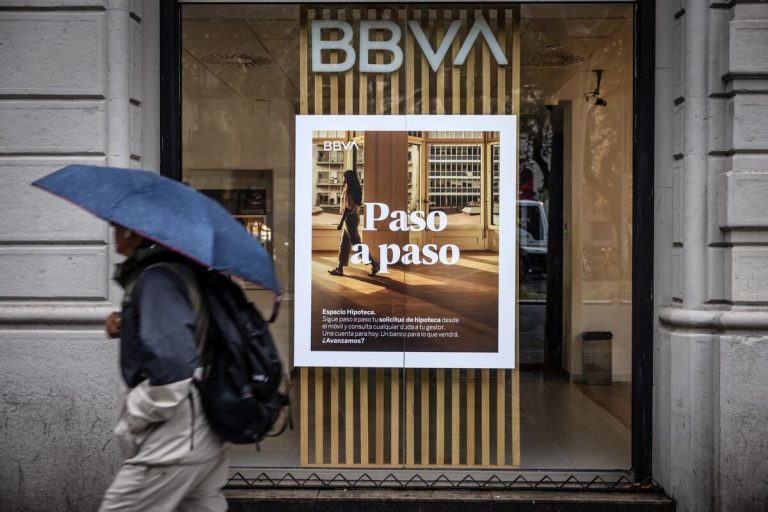



+ There are no comments
Add yours